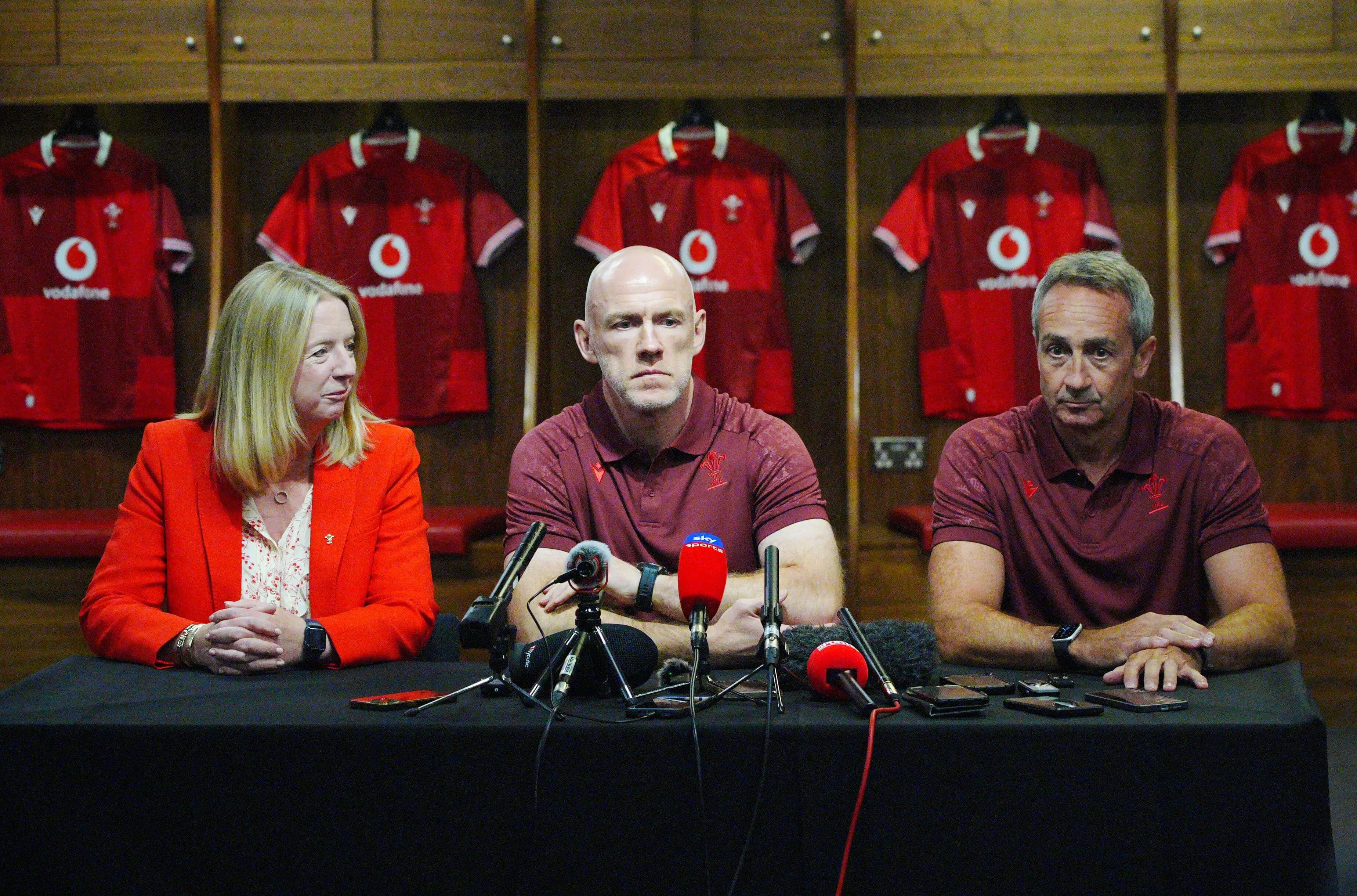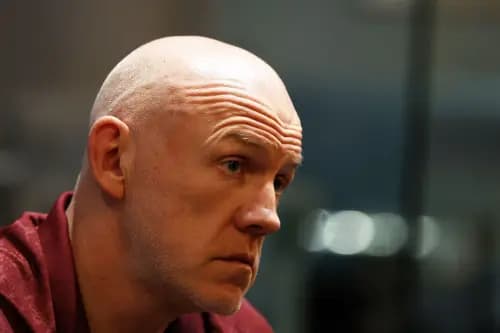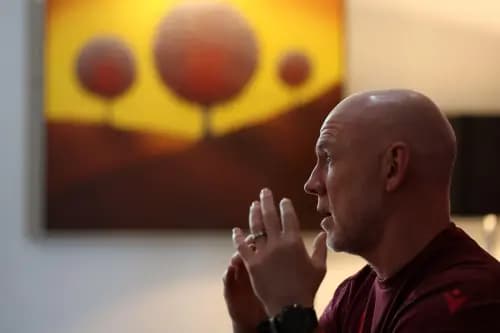Supporters across Wales are set to be handed a formal role in deciding the future structure of the professional game, as the Welsh Rugby Union (WRU) prepares to launch a sweeping consultation that could cut the number of top-tier teams from four to as few as two.
Over the coming weeks, the governing body will put forward what it calls its “optimal solution” for fixing a system it admits is not working, and then invite feedback from all corners of the game – including fans, who will be able to engage directly through supporter groups, a 1,000-strong fan panel, and an online platform.
Chief executive Abi Tierney says the process is designed to ensure those who love the game have a genuine say before any final decision is made in October.
"We want to consult on an option rather than just go out there with something everybody has a view on," she explained.
"There's very clear guidelines of who you consult with, so it's people who are directly impacted by any decision that you make.
"So formal consultation will be with the clubs, will be with the players and the WRPA, will be with fans through the supporters' groups, council and clubs.
"So they're the formal and then there's a wider engagement group such as MPs, MSPs and other stakeholder groups but that's the kind of the formal consultation.
"We've also got a fan panel now. So we have 1,000 fans we consult with regularly on big things we did. We did that as part of implementing the strategy. So we'll be looking at engaging them.
"And then the document's going to be very public. It's going to be published.
"It's going to be on the website. So there'll be a micro-site.
"People will be able to go on. They'll be able to see it and they'll be about to engage.
"This can't be a popularity contest of 3.2 million fans, but each of the four clubs have an official supporters group who represent their fans within their clubs.
"So they will have a view, they will have an opportunity, and so we'll meet with them."
READ MORE: Steve Tandy . . . The First Welsh Wales Coach for Almost 20 Years
The WRU will start the process by presenting its preferred option to the board this month, a proposal largely shaped by new director of rugby and elite performance Dave Reddin.
If approved, it will form the basis of a six-week consultation period, during which feedback from clubs, coaches, politicians and supporters will be gathered.
Tierney says the governing body’s approach follows “best practice” by providing a starting point for debate rather than opening the floor without direction.
"We are following best practice by going out with a preferred solution," she said.
"We're paid to make decisions, so it's important we take the opportunity of a leadership position on this."
While the WRU will share its preference, Tierney insists there is scope for change.
"Whilst we're saying it's what we think is the optimal solution, we haven't made a final decision and we're up to being challenged on that and for something different to emerge," she said.
"We'll have six weeks where we listen and engage.
"You explain why it's your preferred solution and people have a chance to challenge and question and come up with maybe how you amend it.
"The document's going to be public so people will be able to see it. So we have not made any decision and I'm going to be listening."
READ MORE: Ieuan Evans Joins the Very Small Band of Winning Welsh Lions Managers
The consultation will consider a range of options, from retaining four professional clubs with a differentiated funding model, to reducing to three or even two teams, with potential hybrid structures such as “three plus one” or “two plus one” also on the table.
It will also examine how any new structure could place the women’s game “right at the heart of the solution” and how player pathways and rugby alignment might be re-designed.
If consensus is reached, the WRU hopes to announce the agreed structure in October.
If not, the licences for professional sides will be put out to tender, with existing regions – Cardiff, Dragons, Ospreys and Scarlets – having to bid under a strict set of criteria.
One area of public concern is the WRU’s ownership of Cardiff following their administration earlier this year, which some fear could lead to bias.
Tierney rejects that notion.
"Number one I'm not involved in any way in Cardiff," she said.
"We have a separate group managing Cardiff.
"Number two because we know that's the perception I'm going to make sure it is absolutely transparent.
"We will hopefully be shortly announcing an independent chair for Cardiff who will lead their response during this process.
"We are also going to have an independent panel supporting us through this process."
READ MORE: Jac Morgan Is In Because He's The Right Man . . . Not Because He's Welsh, Says Andy Farrell
She added that, while it is “hard to see a model where you don't see rugby being played in Cardiff,” others are free to challenge that assumption.
The backdrop to this shake-up is a domestic game in deep trouble: none of the four professional sides reached last season’s Champions Cup in a year when the final was staged in Cardiff, and regional attendances are falling year on year.
"Fans are so important to this but it's not working at the moment," Tierney admitted.
"We've got to come up with something that wins the hearts and minds of fans back.
"We are already losing fans. Every year the number attending the regional clubs is going down.
"It's the challenge we are facing so we need to do something different on that."
She rejects suggestions that changing the club structure will inevitably alienate supporters of any sides that might disappear.
"To me [the threat of losing fans], it's a bit of a red herring question,” she said.
"If we do change the club structure – and it's a big if – what are the brands we want to associate and how do we bring the fans along with us."
For Tierney, the moment represents a rare chance to fix the sport’s long-term issues – but only if those who care about it take part in the conversation.
"I can understand there's pros and cons and trade offs to all of this," she said.
"There's no perfect solution and we are going to have to have an honest conversation about what we are willing to trade for what outcomes, because what we are doing now isn't working.
"We can't carry on doing the same things and expect different results."






